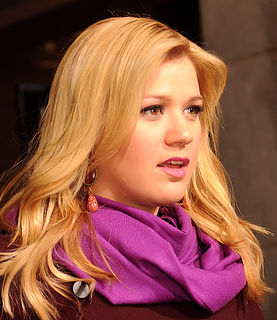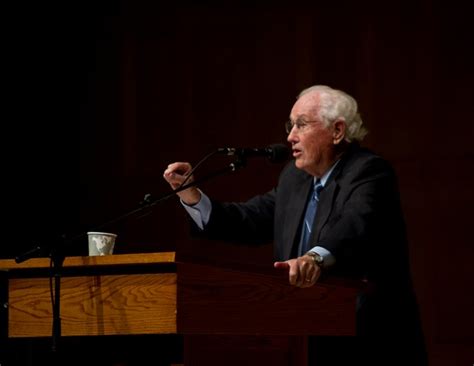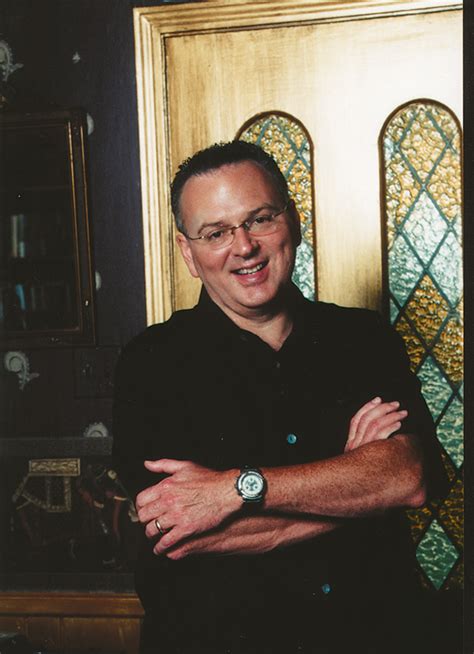A Quote by Thomas Nagel
I want atheism to be true and am made uneasy by the fact that some of the most intelligent and well-informed people I know are religious believers. It isn't just that I don't believe in God and, naturally, I hope that I'm right in my belief. It's that I hope there is no God! I don't want there to be a God; I don't want the universe to be like that.
Related Quotes
Obviously, if theism is a belief in a God and atheism is a lack of a belief in a God, no third position or middle ground is possible. A person can either believe or not believe in a God. Therefore, our previous definition of atheism has made an impossibility out of the common usage of agnosticism to mean "neither affirming nor denying a belief in God."
My understanding of God is an experience. God is. That's all I know. In the Biblical tradition, it would be expressed as, "Be still and know that I am God." God is the "I am" energy. Something huge is at play here - cosmic creativity, consciousness, God, whatever you want to call it. I do believe that it's a guided ride. We're on a guided tour of the universe.
What do you conceive God to be like? Some would say to believe at all in a personal God requires a giant leap of faith - but I am convinced that belief in God is a far more reasonable position than atheism. Nature, the personal experience of literally billions of people, and something innate in the heart of man all testify to the existence of God.
I don't know whether God exists or not. ... Some forms of atheism are arrogant and ignorant and should be rejected, but agnosticism—to admit that we don't know and to search—is all right. ... When I look at what I call the gift of life, I feel a gratitude which is in tune with some religious ideas of God. However, the moment I even speak of it, I am embarrassed that I may do something wrong to God in talking about God.
Your god must once have stood at a dawn of infinite possibilities, and this is what he's made of it. You tell me that I want God's love? I don't. Perhaps I want forgiveness, but there's no-one to ask it of. And there's no going back, there's no setting things right, there's only the hope of nothingness.
The difference between the truth of God and revelation is very simple. Truth is where God's been. Revelation is where God is. Truth is God's tracks. It's His trail, His path, but it leads to what? It leads to Him. Perhaps the masses of people are happy to know where God's been, but true God chasers are not content just to study God's trail, His truths; they want to know Him. They want to know where He is and what He's doing right now.
Some people have views of God that are so broad and flexible that it is inevitable that they will find God wherever they look for him. One hears it said that 'God is the ultimate' or 'God is our better nature' or 'God is the universe.' Of course, like any other word, the word 'God' can be given any meaning we like. If you want to say that 'God is energy,' then you can find God in a lump of coal.
[Gandhi] said, "I want to find God, and because I want to find God, I have to find God along with other people. I don't believe I can find God alone. If I did, I would be running to the Himalayas to find God in some cave there. But since I believe that nobody can find God alone, I have to work with people. I have to take them with me. Alone I can't come to Him."
However, in brief, I think the connecting of 'God' and 'Being' is one of these things for which there seems to be a natural impulse in human thinking but it can also lead to confusions. Religious believers mostly want to see God as the epitome of what is most really real and in some non-theistic contexts, people talk simply of 'Isness'.
I am not agnostic. I am atheist. I don’t think there is no God; I know there’s no God. I know there’s no God the same way I know many other laws in our universe. I know there’s no God and I know most of the world knows that as well. They just won’t admit it because there’s another thing they know. They know they’re going to die and it freaks them out. So most people don’t have the courage to admit there’s no God and they know it. They feel it. They try to suppress it. And if you bring it up they get angry because it freaks them out.
Religion becomes a matter of belief, and belief acts as a limitation on the mind; and the mind then is never free. But it is only in freedom that you can find out what is true, what is God, not through any belief; because your belief projects what you think God ought to be, what you think ought to be true. If you believe God is love, God is good, God is this or that, your very belief prevents you from understanding what is God, what is true.







































